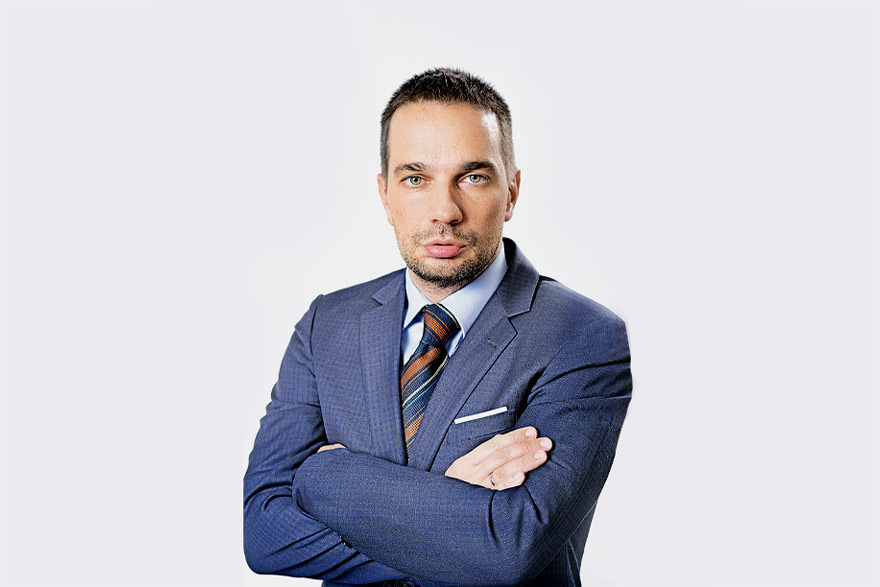The essence of digitalisation in healthcare is in creating possibilities to bring the quality of patient treatment to the fore and enabling doctors to more easily make the most important decisions, which results in the improvement of the healthcare system as a whole
Over the past two years, the work of our committee has been largely dictated by the extraordinary external circumstances, over which we understandably had no influence. When it comes to the COVID period, there’s no doubt that the pharmaceutical sector realised its primary social task in full, i.e., it ensured continuous supplies of all medicines to all patients. On one side, COVID patients were among the first in Europe to have almost all the most modern medicines available to them, equal credit for which belongs to the healthcare authorities of the Republic of Serbia. On the other side, all centres that treated non-COVID patients never experienced a single interruption to their activities as a result of the lack of any medication. This goal was achieved through the round-the-clock work of companies’ logistics services, and the exchange of experiences we had on the committees in this regard was certainly priceless.
When it comes to introducing new medicines to the group of those financed through compulsory health insurance, our country absolutely resembled the most developed countries during the previous period when it comes to the allocating of funds for that purpose, but also in the negotiation and conclusion procedure for so-called special contracts with which conditions are regulated for the RFZO [National Health Insurance Fund] and companies that hold licenses for medicines to co-finance their use. Furthermore, due among other things to the recommendations of our committee, the RFZO, in cooperation with the Ministry of Health and Ministry of Finance, secured six billion dinars that was then used – in accordance with the decisions of the Central Commission for Medicines and on the basis of special contracts concluded and public procurement procedures implemented – for the introduction of new medicines from a very wide range of therapeutic areas on the RFZO’s List of Medicines (diabetes, oncology, cardiology, hepatitis C, psoriasis, haematology, haemophilia etc.).
The issue of sustainable financing for existing therapies, alongside the securing of required funding for new ones, will be central in the period ahead for both our committee and our partners on the state side
What is now crucial is for this to become an established practise and for the RFZO to keep pace, year after year, with innovations that are coming. Thus, the issue of sustainable financing for existing therapies, alongside the securing of required funding for new ones, will be central in the period ahead for both our committee and our partners on the state side. We emphasise that this goal is achieved not only and not always through the providing of additional funds, but also through the generating of savings within the framework of current allocations.
There is one other significant thing that was unfolding in parallel with the extraordinary/ ordinary things I’ve discussed. And that is the launch of the digital transformation process for the healthcare system. It is important for our committee that digitalisation in healthcare, as one of the most sophisticated areas, is not grasped and reduced to “speeding up the process and reducing the use of paper”. Although we don’t want to undermine the importance of these factors, the emphasis must be placed on improving possibilities to choose the best therapy for the patient, monitoring the treatment process and outcomes, as well as possibilities to possibly amend therapy, and all on the basis of data previously available or collected through the treatment process. This aspect of digitalisation brings the quality of patient treatment to the fore, enabling doctors to more easily make the most important decisions and thereby improving the essential nature of the healthcare system as a whole.
